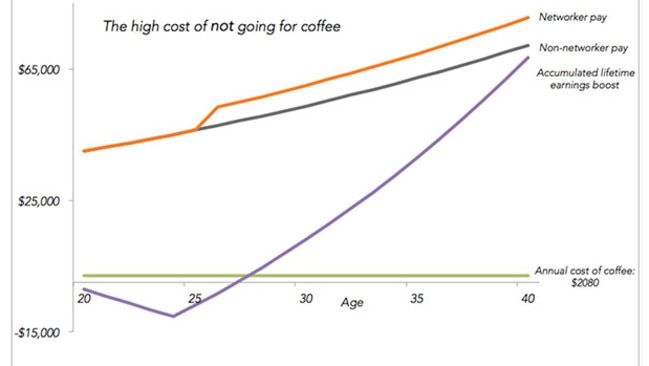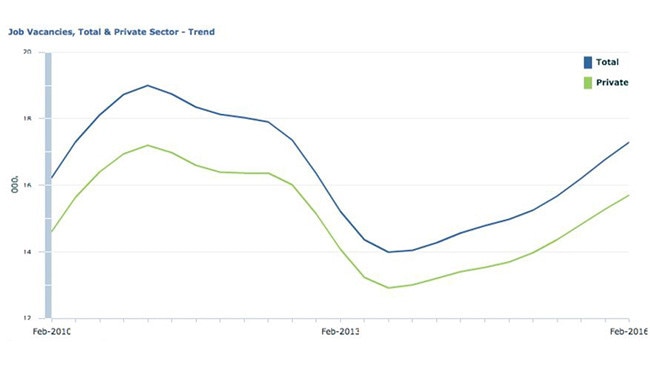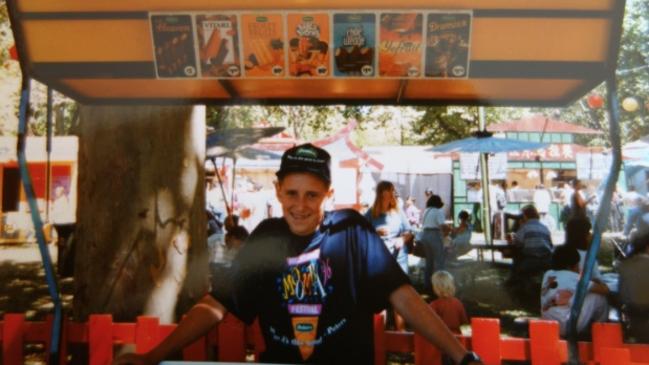Why you should buy one more coffee
SO YOU’RE either paying off a big mortgage or saving up for a house? Forget that dull advice about not buying coffee. It’s all wrong.
SO YOU’RE either paying off a big mortgage or saving up for a house? Forget that dull advice about not buying any more coffee (and saving $20 every week!)
Yes, sure every little bit adds up. But what it adds up to is a lot of missed opportunity. Really, you should be buying twice as much coffee.
If every time you went for coffee you bought one for yourself and one for someone else, the bonus to your pay would be so much greater than the savings that you’d end up miles ahead.
Everyone knows most jobs are never advertised. They come via family, colleagues, friends, friends of friends.
Taking someone for coffee is a terrific way to get that pay rise or that promotion. And a pay rise early in your career can make such a big difference that skipping a latte every day starts to look ridiculous by comparison.
Here’s the maths. If you get 10 per cent ahead of the curve just once in your career, you could make an extra $65,000 in the first 20 years of your career. Even after paying for all those coffees!

If you’re trying to remake your life by having internal struggles over whether a morning espresso is worth it, you’re fiddling round at the margin. At the best you save $1000 a year. With a bit of luck, the right kind of networking could get you a job that pays more, and even more importantly a job you like more too.
THE TIME IS RIPE
It is a pretty good time to start – the unemployment rate is finally falling (down to 5.7 per cent according to the newest data) and measures of job vacancies are rising again. Lower unemployment means more pay rises should be coming too.

Hays recruitment regional Director Peter Noblet says senior people expect to be approached, and you can be quite honest and direct about why you’re calling.
“With the power of LinkedIn and other social networks, If you do your research well enough you should be able to approach someone in quite a credible and well-informed way. If you can approach and bring up something that is going to be in common for both of you and be honest about the reason you want to meet, most of the time I think people are very amenable to that.”
You don’t necessarily need to schmooze the boss of the place you want to work. Often, bosses looking to hire someone will ask staff if they know anyone good. If you can reach someone the boss trusts, you’re also in with a chance.
I’m personally a believer in the power of the network to get jobs. While I’ve got a few jobs the really formal way, where you simply apply anonymously and go through the process, I’ve got really great jobs through people I know.
My very first job was selling ice-creams at a festival. I was maybe 15 years old and I got the job through a friend. It was, at the time, my dream occupation.

Even at the other end of the spectrum, networks matter. I used to work in government. Even there, where hiring processes are incredibly formal and rules are strict, trust is much higher when you’ve been personally recommended.
Trust is really the key factor. I’ve never hired anyone but I have tried to find plenty of housemates for sharehouses. In that case, a personal recommendation always helps. Not only does it mean the person is probably of good character, but it also gives them a reason to perform well, or risk their relationship with whoever recommended them.
DON’T LET THE POWERFUL DO ALL THE NETWORKING
And yeah. I know how this looks.
“White man says getting paid more is easy. Just buy people some coffee!” The research is clear: Networking of some sort is important for everyone.
A big UK project on poverty, ethnicity and social networks found the more informal the labour market, the more important social networks are. But it also found moving beyond informal labour markets often means building new social networks, as this quote from an immigrant to the UK illustrates.
“The [Chinese community] here has been supportive. But when it came to getting a job, it was definitely English colleagues that helped and I used their connections ... ”
It seems everyone can help themselves by building their social networks.
So how do you do it? Doesn’t it feel a bit weird just ringing someone up and asking them to have coffee?
I asked Alison McGrath, the head of McGrath HR to suggest a couple of opening gambits that could work:
— “Having done some research on your company I believe I can add considerable value through my experience and knowledge. You never know when a position may become available and I’d really like to be considered.”
— “I’m considering changing jobs. With your experience I thought you could give me some valuable insights. Could I buy you a coffee and have a brief chat on this?”
Good luck out there and don’t forget that having all those coffees with all those people might simply help you make a few friends, too!
Jason Murphy is an economist. He publishes the blog Thomas The Think Engine. Follow him on Twitter @jasemurphy.




